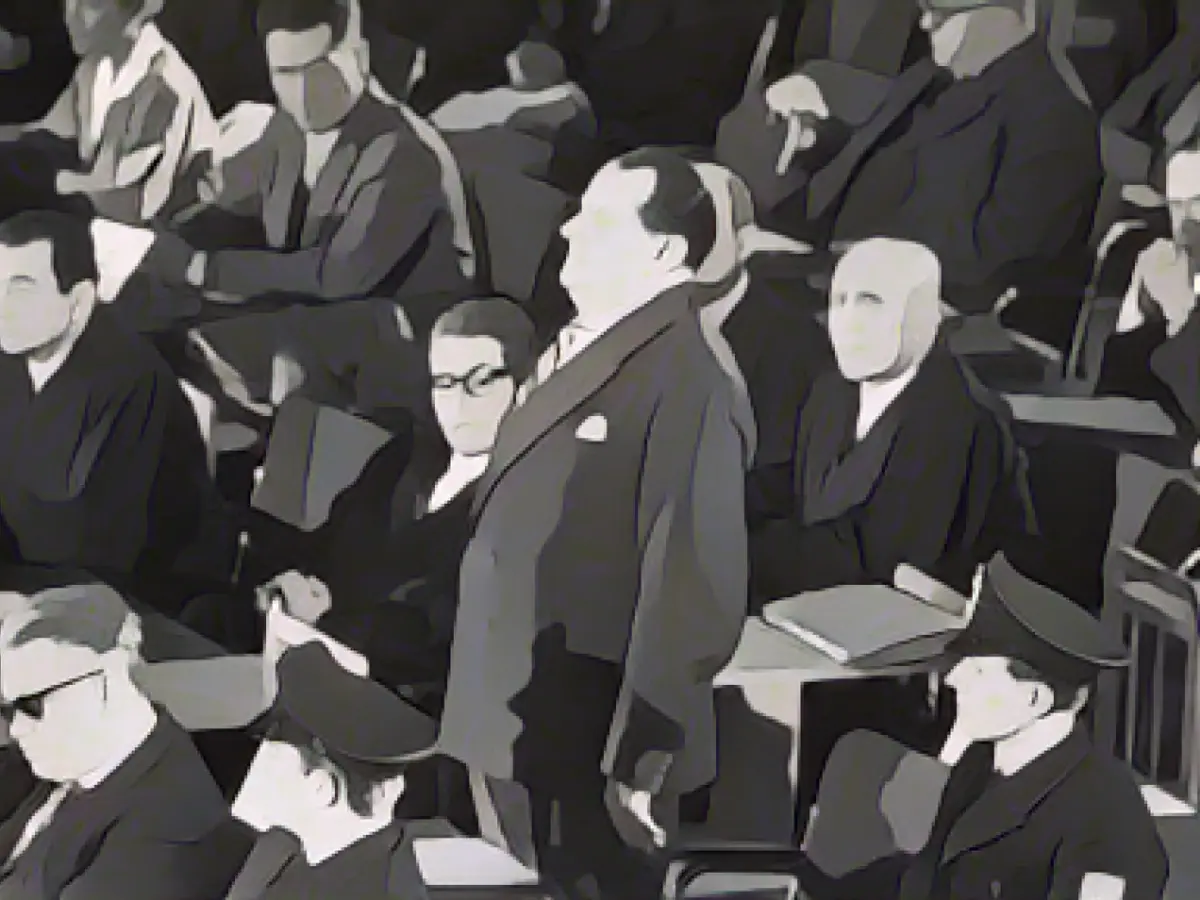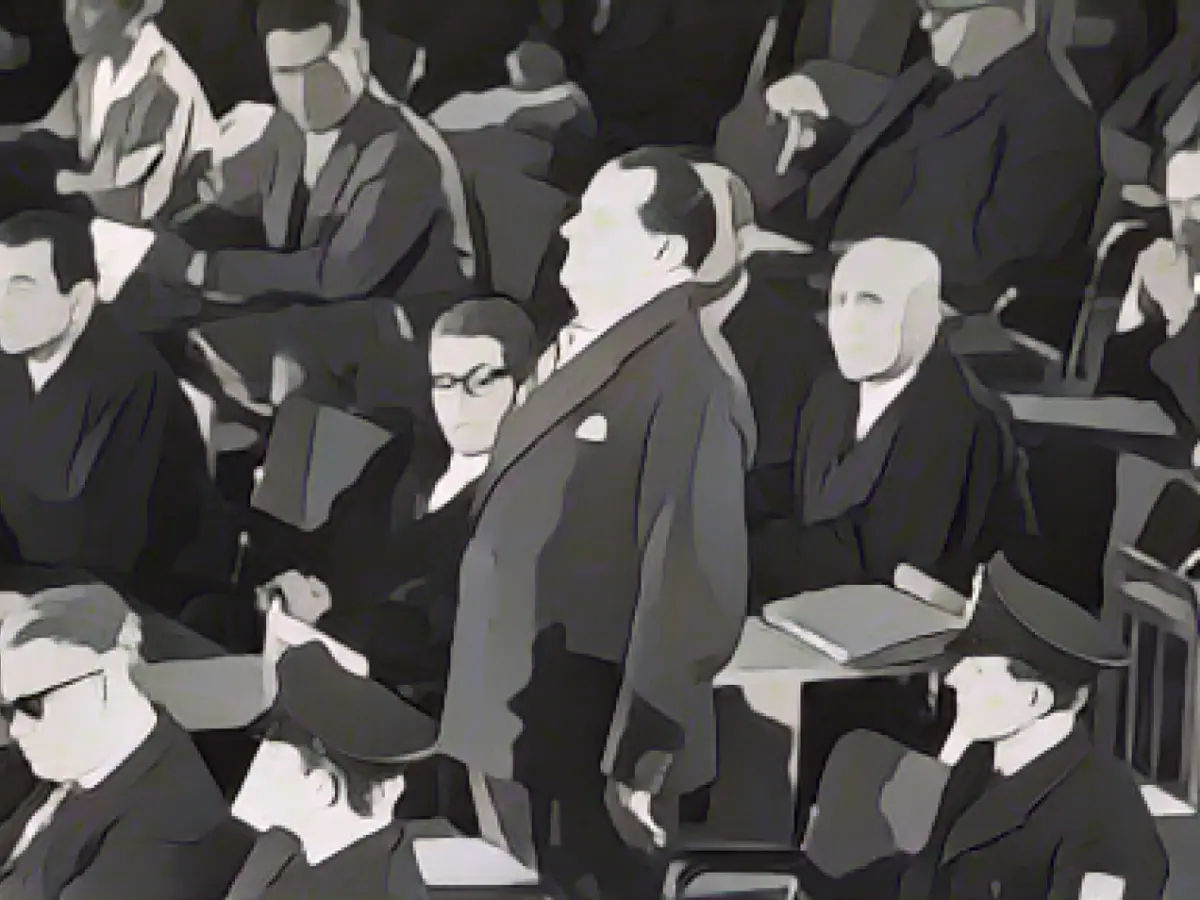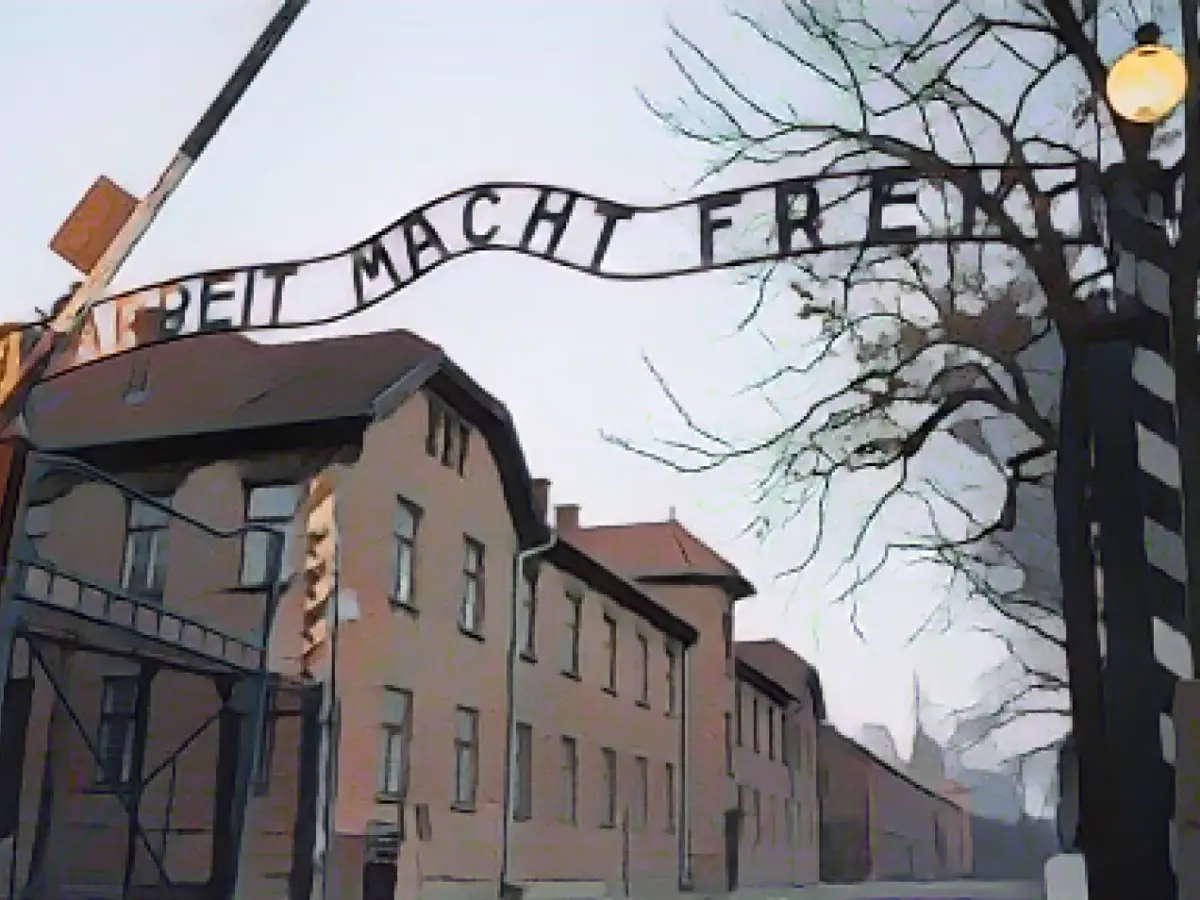December 20, 1963 - The Beginnings of Acknowledgement: The Auschwitz Trials
In the heart of post-war Germany, tensions ran high as Robert Mulka, a former Auschwitz camp deputy, seamlessly returned to a quiet life. After serving a brief stint in prison, Mulka, an SS-Hauptsturmführer, thrived as an independent businessman in Hamburg. However, the tranquility favored by many obscure members of the Auschwitz trials was short-lived.
Eighteen years later, Mulka's past caught up with him, and the world bore witness to the commencement of the first Auschwitz trial in Frankfurt's historic Römer building on December 20, 1963. A total of 22 men, including Mulka, faced charges related to the atrocities committed in the infamous concentration and extermination camp that claimed over 1.1 million lives.
The Auschwitz Trials: A Starting Point for Healing
The Auschwitz trials became a significant juncture in post-war history. They set the stage for a deep-seated debate on the Nazi era in Germany. Sybille Steinbacher, director of Frankfurt's Fritz Bauer Institute, highlighted the trials' historical significance as they provided an impetus for reflection and repercussion. The investigations took five grueling years, resulting in a 700-page indictment.
Among the defendants, there were familiar faces: brutal prisoners beaters, deranged SS men, and heartless pharmacists who determined the fate of newly admitted inmates. Headed by Fritz Bauer, Frankfurt's Hessian Attorney General, the trials investigated the truth behind the horrors that transpired within the Auschwitz camp.
History in the Making: The Testimonies
Bauer strived tirelessly to present a cross-section of the entire camp in the defendants. Over 200 survivors from the extermination camp testified, recounting their harrowing experiences. The public, fascinated by the events, flocked to the venue, where the proceedings were meticulously documented in local newspapers.
The Defendants' Denials
The defendants initially claimed innocence by maintaining that they had simply followed orders. These justifications didn't sway the court. When stalemate ensued, Bauer vehemently denounced the notion of following orders, emphasizing the individual responsibility of every defendant for participating in the atrocities.
Fault Lines in the Legal Framework
One of the primary challenges faced by the prosecutors in the trial was the legal principle that needed to prove specific crimes committed by the accused. Aiding and abetting was not enough for conviction, as the individual's role in the killing machine did not suffice. The trial concluded in August 1965, resulting in acquittals for three defendants, and life imprisonment for six, including brutal enforcer Wilhelm Boger and notorious SS nurse Oswald Kaduk.
The trials revealed a disconnect between the reality of the atrocities and the legal system's capacity to process the horrors of the Holocaust. Fritz Bauer, the driving force behind the Auschwitz trials, was one of the most prominent Jewish figures during the Nazi era, persecuted alongside the victims he sought to bring to justice.
Today, Bauer is honored as a key figure in Germany's post-war political landscape and is remembered for his significant role in holding the perpetrators of the Auschwitz trial accountable. Through the trials, Germany's transition to a democratic state and reestablishment of its place in the international community commenced, with the ethos of "Never again" firmly ingrained in subsequent generations.
See the gallery: Propaganda Wove a Tangled Web, but the Gestapo's Resistance Quagmire Was Anything But Fictional. Ten riveting audiobooks that expose the intricacies of the resistance
Explore further:
- True to his mission, Fritz Bauer, the trailblazing German-Jewish prosecutor, conducted an investigation that revealed the atrocities committed at Auschwitz by charging 22 defendants, including the former Auschwitz camp deputy Robert Mulka.
- In the years following the end of World War II, Mulka led a successful business life in Hamburg, raising concerns about his apprehension for the upcoming Auschwitz trials.
- To the dismay and surprise of many, Mulka's past catch-up with him pace in 1963 when he was implicated in the landmark Auschwitz trial in Frankfurt's Römer building.
- Despite the magnitude of evidence and testimony provided by 210 Auschwitz survivors, three acquittals were announced in the long-awaited finale of the Auschwitz trials, as the legal framework that prioritized specific, provable crimes in convictions proved to be a stumbling block on the path to justice.
Source:








